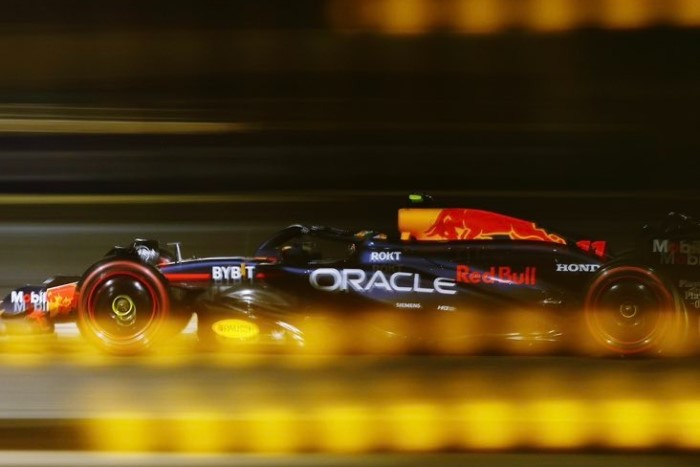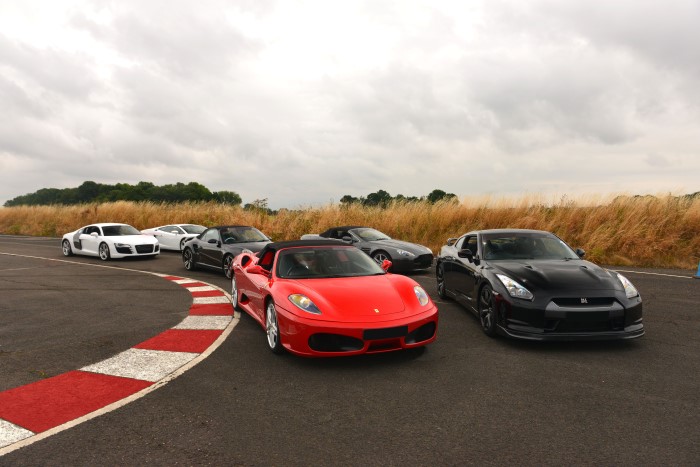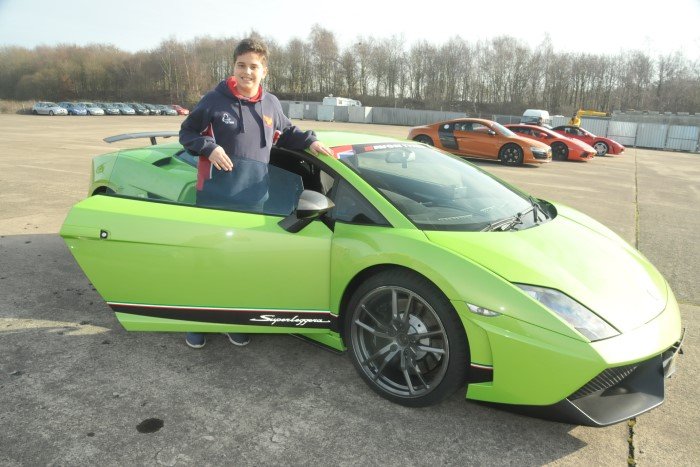February 17th, 1972… the Ford Model T was finally toppled from the top spot as the best selling car of all time by the Volkswagen Beetle.
This was no mean feat. Dubbed the car that "put the world on wheels", the Model T revolutionised the automotive industry and wider western culture by offering affordable and reliable transportation for the masses. This was due to Henry Ford's invention of mass manufacturing practises.
Such was the popularity of the Model T, Ford produced 308,162 in 1914 alone, more than the output of all other car manufacturers of the time combined. By 1924, the 10 millionth came off the assembly line and by the time production finally ended 19 years later in 1927, a staggering 15 million Model Ts had been built.
So, how was it that this idiosyncratic German vehicle toppled one of arguably Henry Ford's greatest achievements?
While the concept of the Ford Model T was driven by the genius that was Henry Ford, the American magnate faced tough competition – the Volkswagen Beetle being the brainchild of none other than Ferdinand Porsche (who also founded the renowned sports car manufacturer, the architect behind the Auto Union racing team and designer of the Tiger tank).
Porsche worked to Adolf Hitler's brief: to create a people's car, or Volkswagen in German. The basic requirements set out were that the car should be capable of transporting two adults and three children at 100 kilometres per hour (62 mph), and cost 990 Reichsmark (£5,000 to £6,000 in today's money), or about the price of a small motorcycle of the time.
Porsche returned with an innovative design which made a virtue out of being unique. It was cheap and basic but was designed to meticulous attention and detail.
After huge success in the German market post World War II, the Volkswagen arrived in the United States in the 1950s. American consumers' initial reception was one of indifference, due in part to the car's historical connection as well as its unusual, rounded shape and small size.
Frustrated by lack of sales, Volkswagen enlisted the help of advertising agency Doyle Dane Bernbach to promote the car's diminutive dimensions as an advantage to consumers. Their "Think Small" campaign was a huge success, so much so it was in fact ranked as the best advertising campaign of the twentieth century by Ad Age.
In 1967 the humble Beetle underwent a transformation to meet the demands of the modern consumer, with cutting edge modifications being made to take the people's car into a new era. It was also aided by its appearance as Herbie in the hit 1969 Disney film The Love Bug and on the cover of The Beatles' "Abbey Road" album of the same year.
Moving into the 1970s, it became synonymous with flower power and the Hippy movement until its worldwide sales began to shrink due to changing safety and emissions regulations and increased small car competition.
After 80 years of production in Germany, Belgium, Venezuela, South Africa, and a dozen other countries the last Beetle rolled off the factory line in Puebla, Mexico on 30th July 2003. By this time, a staggering 21,529,464 Beetles had been manufactured, making it the sixth best-selling car of all time.
If the history of the Volkswagen Beetle has inspired you to get behind the wheel of a Classic Car, then head over to our Classic Car Experiences page to book from available dates on our Events Calendar or purchase one of our open Gift Vouchers.






